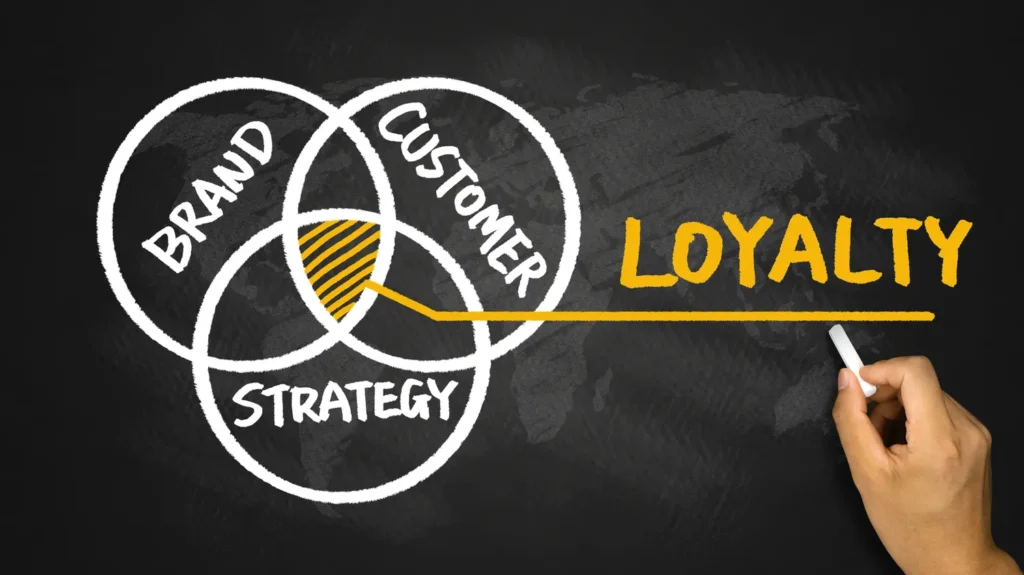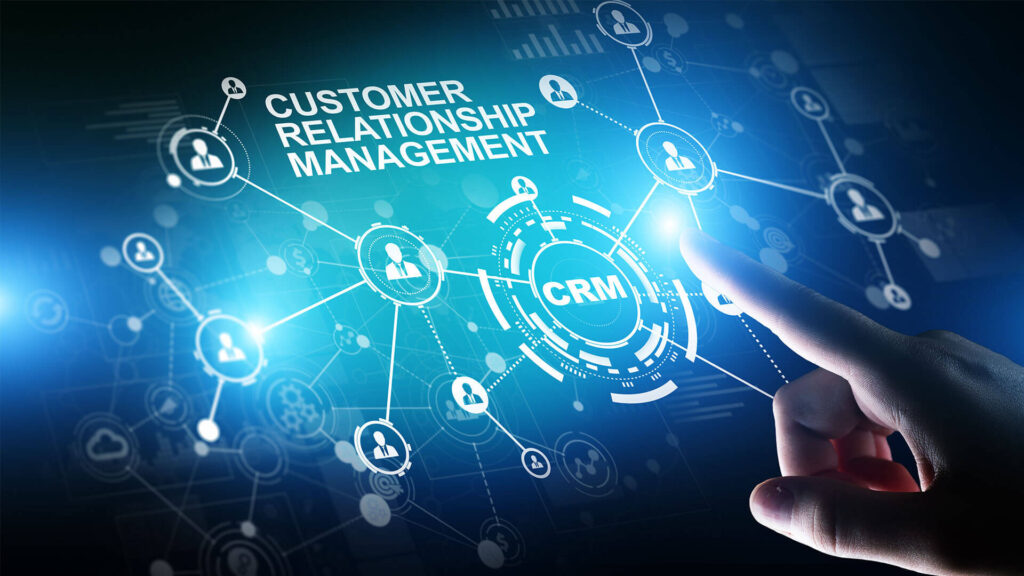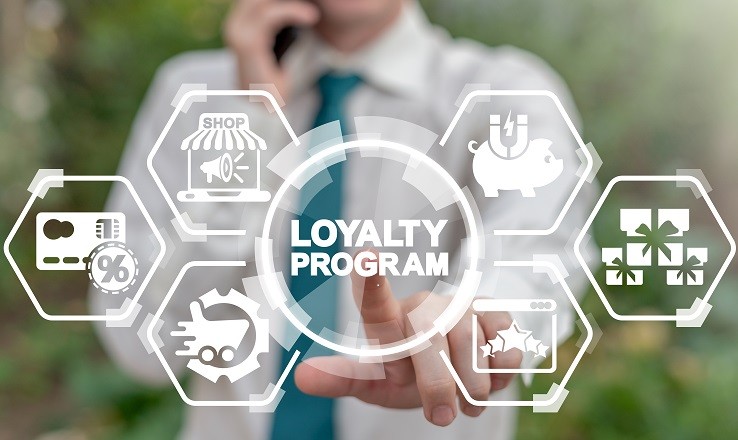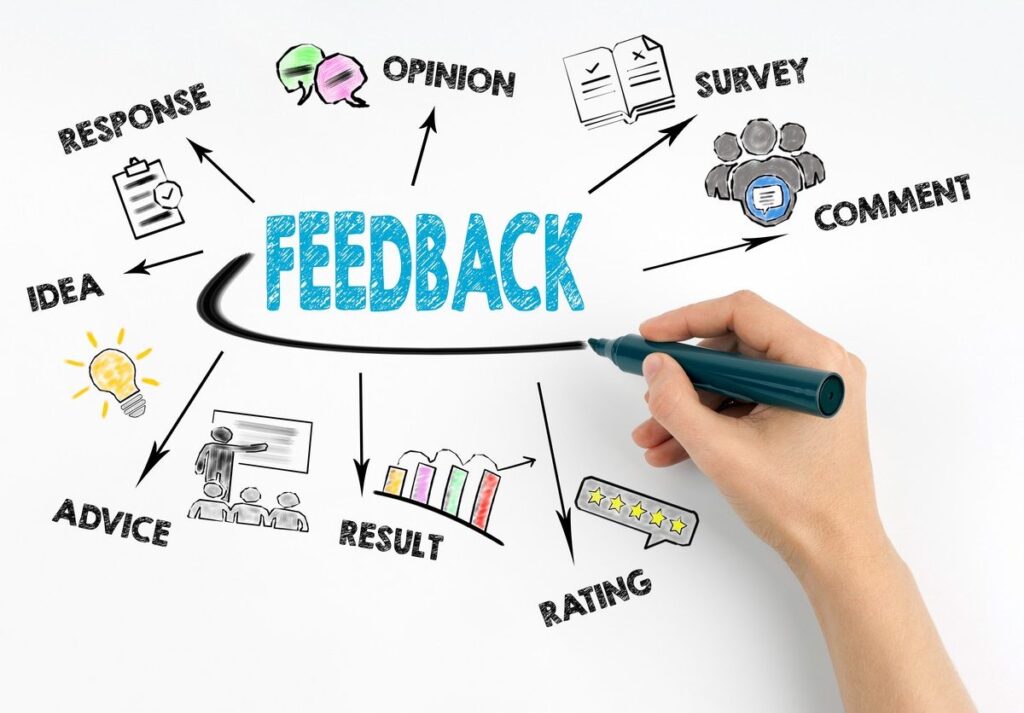In today’s dynamic marketplace, where customer options are plentiful and brand switching is commonplace, nurturing customer loyalty has never been more essential. Customer loyalty isn’t just about making repeat sales. It’s about forging lasting relationships that drive consistent revenue, positive brand reputation, and sustainable growth.
Central to this strategy is Customer Relationship Management (CRM), a structured approach to manage and nurture these valuable relationships. Throughout this discussion, we’ll delve deep into CRM techniques that have been proven to foster loyalty.
Page Contents
Understanding Customer Loyalty

Customer loyalty transcends mere repurchases. It embodies a consistent preference for a brand, even when alternatives might present themselves. Why does this matter? Loyal customers don’t just buy frequently; they advocate for the brand, provide invaluable feedback, and become cornerstones of a business’s success. Furthermore, acquiring a new customer can be up to 5 times more expensive than retaining an existing one. With loyal customers, businesses observe higher lifetime value, more referrals, and a buffer against market volatility.
Data-Driven CRM
In the digital age, where every click can hold a piece of the puzzle, best CRM software for small businesses systems thrive on a robust data infrastructure. By meticulously collecting, storing, and analyzing customer data, businesses unlock patterns that offer insights into customer behaviors, preferences, and even undisclosed pain points. This information, while quantified in numbers and charts, translates into a comprehensive roadmap for brands.
It’s the blueprint for creating unparalleled, personalized experiences. Data serves as a strategic compass, guiding brands toward sculpting tailor-made offers, communication strategies, and solutions that deeply resonate. By taking cues from data-driven insights, brands pave their way to fostering unshakeable brand loyalty.
Segmentation for Personalization

With the shift from generic, one-size-fits-all marketing, segmentation emerges as a beacon of modern engagement. It involves categorizing your audience into distinct groups based on diverse criteria like buying behavior, demographics, or even past interactions.
Imagine a fashion retailer leveraging these tools—through segmentation, they can ensure that a teenager in sunny Miami doesn’t receive the same winter wear promotion as an adult braving Alaskan winters. Such precise targeting not only increases conversion rates but enhances user experience. Harnessing the power of segmentation enables businesses to stay relevant in their communication, thus fortifying the emotional bond with customers.
Effective Communication
In the vast sea of incessant digital noise, effective communication isn’t just about reaching out—it’s about reaching out right. Modern CRM tools empower businesses to craft communication strategies based on past customer interactions. They ensure that the messages dispatched are not just timely but hold immense relevance for the recipient.
For example, sending a personalized promotion on a product the customer recently browsed or showed interest in. Such gestures underscore a brand’s attentiveness and dedication to the customer’s unique journey. In doing so, they subtly boost brand loyalty, proving to customers that their preferences aren’t lost in the crowd.
Loyalty Programs

Loyalty programs are more than mere point-collecting mechanisms; they’re relationship fortifiers. From accruing points with each purchase to gaining exclusive access to member-only sales, these programs have evolved significantly. Notable giants like Starbucks and Amazon have set gold standards with their Rewards and Prime programs respectively.
While tangible rewards like discounts and deals are evident perks, the underlying value lies in the sense of belonging these programs foster. When curated with detailed attention to customer preferences and market trends, loyalty programs can transcend transactional ties, rooting deeper emotional connections with the brand.
Feedback and Surveys

In the ever-evolving business landscape, adaptability is key. Every interaction with a customer, be it positive or filled with constructive criticism, offers a chance to refine business strategies. Feedback, when harnessed correctly, can serve as a beacon of growth, pointing out gaps and highlighting strengths.
Brands proactive in soliciting feedback—whether through interactive surveys, feedback forms, or even direct conversations—exemplify commitment to excellence. They not only refine their offerings based on this treasure trove of direct customer input but also amplify the message that every voice counts, cementing customer trust and satisfaction.
Multi-Channel Engagement
Today’s digital user flits between platforms with remarkable ease. From scrolling social media feeds to checking emails and engaging in direct chats, their digital footprint is vast. For brands, maintaining a consistent presence across these channels becomes pivotal. An email newsletter might be a customer’s touchpoint one day, and a Twitter query the next.
A seamless, unified brand experience across these platforms not only consolidates a brand’s reliability but showcases adaptability. By ensuring that customers receive consistent, high-quality engagement no matter the platform, brands solidify their stature as customer-centric entities.
Customer Support and Satisfaction
While high-quality products are initial attractors, the real magic lies in post-purchase engagement. Stellar customer support can be the difference between a one-time purchase and a lifelong brand advocate. Whether it’s resolving issues with efficiency, offering empathetic assistance during misunderstandings, or going the extra mile to ensure satisfaction, these gestures are monumental.
CRM tools play a pivotal role here, enabling businesses to preemptively identify potential issues, ensure swift resolution, and offer personalized solutions. Such practices don’t just resolve the current issue—they echo a brand’s unwavering commitment to its customers.
Social Proof and Reviews
The modern consumer, armed with vast online resources, rarely makes uninformed choices. Peer reviews, testimonials, and user ratings play a pivotal role in shaping purchase decisions. In this landscape, cultivating positive social proof becomes imperative for brands. Encouraging satisfied customers to share their experiences, while addressing and rectifying negative reviews, showcases a brand’s commitment to transparency and excellence. Such practices not only drive continuous product/service improvements but foster a community of trust around the brand, ultimately reinforcing customer loyalty.
Retention Metrics and Analysis

Metrics like churn rate and customer lifetime value aren’t mere statistics. They’re indicative of brand health and engagement efficacy. By consistently monitoring and analyzing these metrics, businesses can refine their strategies, ensuring they’re always on the path of improvement and fostering customer loyalty.
Conclusion: Building a Loyal Customer Base
Customer loyalty isn’t a mere consequence; it’s cultivated. Through CRM strategies discussed, businesses can not only understand their customers better but also cater to their needs in unmatched ways. As markets evolve, one thing remains certain: businesses that prioritize nurturing customer relationships will always thrive. Embrace these insights, prioritize your customers, and witness your business reach unprecedented heights.





